November 2023
Ding-Dong The Witch is Dead
Christopher P. Lorenz
This morning investors are chanting, “ding dong the witch is dead” cheering October’s Consumer Price Index report (CPI), showing inflation’s continued decline. If inflation is under control the Federal Reserve can stop raising rates allowing bonds to rally, and interest rates to fall. Stock investors need stable interest rates to effectively discount the value of future earnings, so if higher rates lead to lower stock prices, it isn’t surprising that the market is rallying now as rates drop.
While the S & P 500 has achieved impressive returns this year, it doesn’t paint an accurate picture of the market. Large technology companies dominate the Standard & Poor’s 500 index, because the index, by design, puts more weight on large companies. The S & P 500 equally weighted index was barely positive, until last week.
In my last note on the market, I referenced the numerous crosscurrents impacting the market resulting in muted gains for the broad market. On the one hand the economy has been stronger than predicted. Last year at his time most economists believed we would have entered a recession by now, but it has not materialized. Earlier this month we learned that economic growth expanded by over 4% in the previous quarter, which is quite strong. On the other hand, strong economic growth may encourage the Federal Reserve to continue raising interest rates, which could potentially drive the economy into the long-predicted recession. If one believes today’s CPI report is a lasting trend, then the risk of the Federal Reserve overtightening is reduced.
It is my belief that the Federal Reserve has raised rates enough to curb inflation, which has dropped significantly already. If that is the case the focus can shift back to corporate earnings, which is the most important driver for stock prices. Corporate earnings and revenue have been weak for 18 months as the economy recovers from the COVID hangover. COVID had an enormous impact on consumer spending and other macro-economic trends, some parts of the economy, like technology are accelerating and other parts, like manufacturing, remain at recessionary levels.
The economy is slowing, and that is expected, but we invest in businesses and our focus is trained on revenue growth and earnings. After several quarters of very weak revenue and earnings the data is improving and next year is expected to show double digit earnings growth. I think those expectations are likely too rosy, following two years of profit contraction and should be met with tempered enthusiasm by investors because we don’t yet know how the rates will impact various segments of the economy.
Thus, we live in an odd world where good economic news is viewed negatively by stock investors, which I find very frustrating and short sighted. A broadly robust economy is more important than simply the low interest rates. That said, for the first time in a dozen years investors have other ways to generate income and returns, including cash and bonds made attractive by the rates being at fifteen-year highs.
Over the long run, stocks will outperform bonds and that is why we maintain the stock allocations we have, but we are happy to own bonds and hold cash as we wait for clear data that the improvement in corporate earnings is sustainable.
